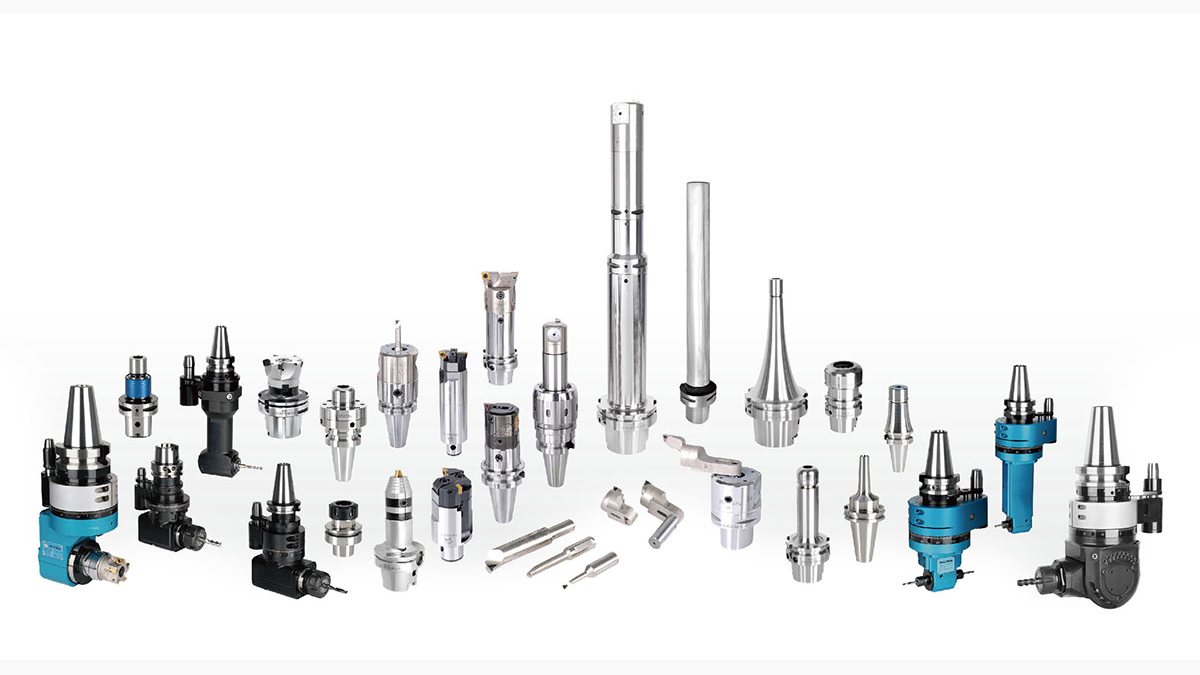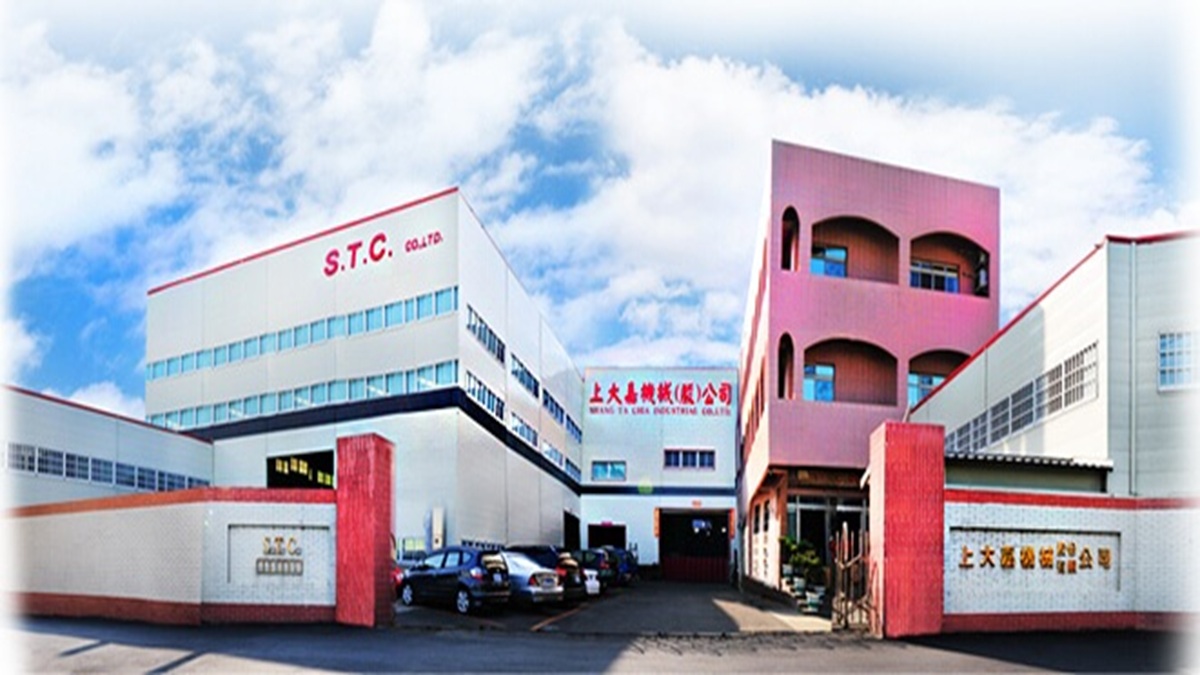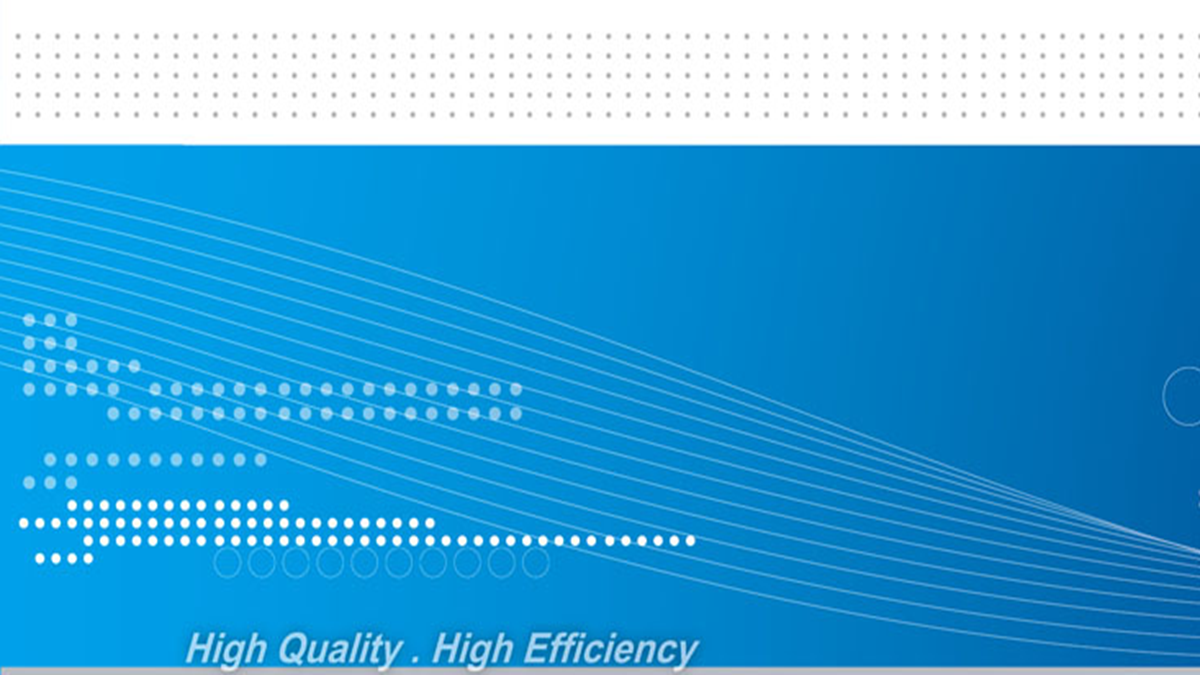Driven by global trends toward energy conservation, carbon reduction, and sustainable transportation, bicycles have once again become a popular choice for daily commuting and short-distance travel. Governments in Europe, North America, and Asia are actively promoting low-carbon transportation policies, not only providing purchase subsidies but also vigorously building dedicated bike lanes and parking facilities to comprehensively enhance the cycling environment. As an environmentally friendly and flexible mode of transport, bicycles are especially suitable for short-distance urban travel, effectively avoiding traffic congestion and parking difficulties. With the rise of green mobility trends, demand for commuter and multi-functional bikes such as city bikes and road bikes continues to grow, further driving the stable development of the traditional bicycle and accessory markets. BEV International is also actively positioning itself within this trend, contributing to the vigorous growth of the industry.

Photo by https://www.pexels.com/zh-tw/photo/19198098/
Outdoor Sports and Healthy Lifestyles Driving Growth in Bicycle Models
The current bicycle market is progressively moving toward higher-end and specialized development. Consumers are no longer satisfied with basic models but actively seek sport bikes with superior performance and greater comfort, willing to invest more in high-quality accessories and upgrade components. Accessories are no longer mere add-ons but key elements that influence the overall riding experience, such as suspension systems, ergonomic designs, lighting equipment, and safety gear—all important considerations for buyers. Additionally, accessories have a high replacement frequency and strong repeat purchase rate, making them a stable and growth-potential revenue source for brands. Through integrated packages and comprehensive solutions, bicycle brands and suppliers can meet the diverse needs of consumers, creating higher product value and expanding market opportunities.
Urban Lifestyle Transformation Drives the Rise of Lightweight and Practical Bicycles
The bicycle market is being driven by the dual demand of urban commuting and family leisure riding. Increasingly, consumers prefer lightweight, practical, and multifunctional traditional bike models, such as city bikes, commuter bikes, and family bikes equipped with child seats. These models are not only suitable for daily transportation but also meet diverse riding scenarios like weekend outings, becoming indispensable and practical tools in modern life. As usage scenarios become more varied, the demand for accessories has surged rapidly, including bike lights, bells, grips, pedals, carrying bags, and various frame components—each playing a vital role in enhancing the riding experience. For brands and suppliers, offering integrated product bundles and scenario-based solutions helps increase product added value and strengthen market competitiveness.
From Manufacturing to Integration|Taiwan’s Strategic Transformation in Bicycle Components
Within the global bicycle industry supply chain, Taiwan has long played an indispensable and key role due to its mature component manufacturing technology and flexible integration capabilities. As the market demands greater product diversity and real-time service, traders with cross-border communication skills and strong product selection and integration expertise have increasingly become vital bridges between brands and markets. By accurately understanding global buyer needs and flexibly coordinating local supply resources, these traders not only enhance product added value but also provide clients with faster market responsiveness and competitive advantages.
Diverse Consumer Demands Drive Comprehensive Product Lines and Accessories
As consumers place increasing importance on riding experience and personal style, bicycle accessories such as frame bags, water bottle holders, comfortable saddles, and handlebars not only enhance convenience and comfort but also become high-value products with strong repeat purchase potential. Brands that integrate complete bikes with accessory bundles can not only increase average transaction value but also showcase professionalism and lifestyle branding. Traders with market sensitivity and product integration capabilities thus become essential bridges connecting brands and consumers.
Conclusion
Driven by the global demand for environmental sustainability, health, and flexible mobility, the bicycle market continues to experience steady growth. Whether for urban commuting, recreational exercise, or family bonding time, bicycles have become versatile and cross-demographic transportation tools. For companies with capabilities in product integration, distribution, and customized solutions, this is a golden opportunity to seize market potential and expand their global footprint.













